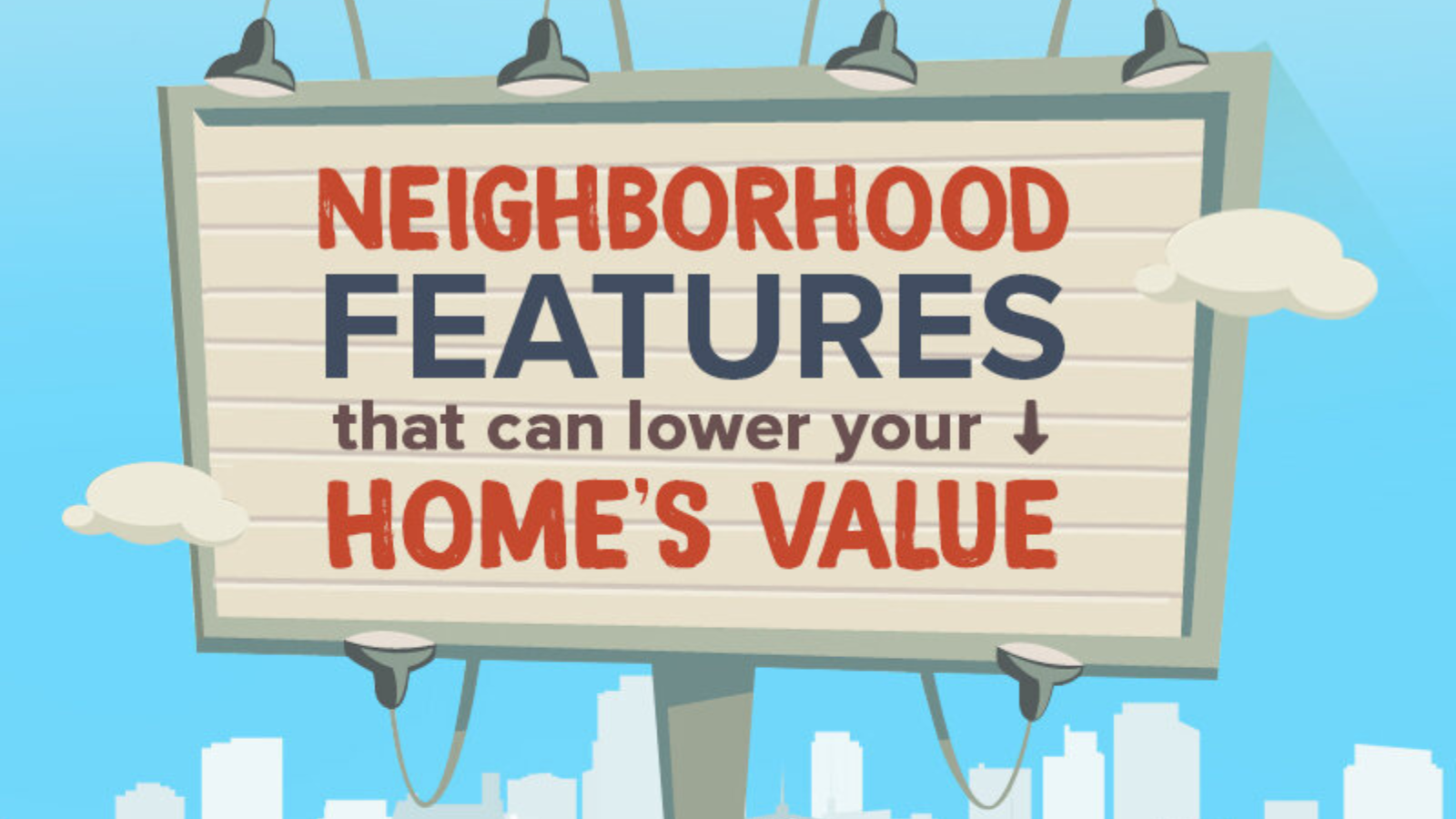When it comes to the value of your home, there are several factors to consider beyond the features of the property itself. The location of your home plays a significant role in determining its long-term value. In the Bay Area, where the real estate market is highly competitive, understanding how neighborhood features can influence property values is crucial. In this article, we will explore some key external factors that can impact the value of your Bay Area home. From schools to noise pollution, we’ll discuss the importance of each factor and how it can affect your investment.
1. Proximity to High-Quality Schools
One of the most desirable features for homebuyers in the Bay Area is proximity to excellent schools. Living in a neighborhood with top-quality school districts can significantly boost property values. On the other hand, residing near low-ranking schools can have the opposite effect. According to realtor.com, the median home price in areas with schools that received a low rating is substantially lower compared to homes in areas with highly-rated schools. Thus, homes in good school districts tend to have higher demand and value.
2. Impact of Disruptive Neighbors
Having disruptive neighbors can negatively impact property values. The Appraisal Institute emphasizes that a home’s proximity to bad neighbors can lead to a decline in value. Unkempt yards, unpleasant odors, poorly maintained exteriors, and noisy pets are all factors that can contribute to this decline. Living near a troublesome neighbor can devalue your Bay Area home by as much as 5-10%. Therefore, it’s essential to research the neighborhood before purchasing a property to ensure a peaceful living environment.
3. Noise Pollution from Surrounding Areas
Noise pollution is another significant factor that can affect the value of your Bay Area home. Living near an airport, train tracks, highways, or industrial areas with constant noise can be undesirable for many buyers. The louder and more inconvenient the noise, the more it can impact your home’s resale value. Properties located next to train tracks or major highways tend to have lower values compared to similar homes located farther away. When considering a property near transportation facilities, it’s crucial to consult with a local real estate agent to evaluate the potential impact on market value.
4. Proximity to Power Lines and Power Plants
The presence of power lines and power plants in the neighborhood can impact property prices. Safety concerns associated with power plants often lead to lower property values. Additionally, the unattractive appearance of power lines can deter potential buyers. Some people also worry about the perceived negative health effects of living near power lines. If you’re considering purchasing a home near power lines, it’s advisable to consult with a local real estate agent to assess the potential impact on market value.
5. Living Near a Cemetery
Living near a cemetery can be a polarizing factor for homebuyers. While some may find the quiet and peaceful environment appealing, others may feel uncomfortable or even fearful. Research by realtor.com shows that homes in ZIP codes with a cemetery have a median price approximately 12% lower than similar homes in areas without a graveyard. Witnessing funerals and seeing the road lined with cars of mourners can be distressing for some individuals. Therefore, the proximity of a cemetery can impact the value of your Bay Area home.
6. Considerations Surrounding Shooting Ranges
While some people may enjoy having a shooting range nearby, it can have a negative impact on your home’s value. The noise generated by gunfire, particularly from outdoor gun ranges, can be loud and disruptive. Environmental and safety concerns, such as lead contamination from spent shells, can also be worrisome. If you’re considering a home near a shooting range, it’s important to research the shooting schedule and determine if you can tolerate the occasional sound of gunshots.
7. The Effect of Billboards
Studies have shown that the presence of billboards near residential areas can lower property values. In urban areas, the closer a billboard is to your Bay Area home, the greater its potential impact on its value. As a result, many communities are implementing strict billboard controls or even enforcing a no-billboard policy to protect home values and promote higher median incomes and lower home-vacancy rates.
8. Multiple Foreclosures in the Area
The occurrence of multiple foreclosures in your Bay Area neighborhood can have a detrimental effect on property values. Foreclosures are often seen as indicators of problems within an area, leading to a decline in the average value of homes. Bank-owned properties are typically not well-maintained, resulting in unsightly yards and poorly maintained exteriors. Studies have shown that living within a quarter-mile radius of a foreclosed home can cause a 4% decline in property values. Additionally, areas with foreclosures may experience an increase in property taxes, as highlighted in a report by The Alliance for a Just Society.
9. Other Factors to Consider
While the aforementioned factors play a significant role in determining the value of your Bay Area home, it’s important to consider additional aspects as well. Factors such as crime rates, access to amenities, transportation infrastructure, and local development projects can all influence the value of your property. Consulting with a local real estate agent who is familiar with the Bay Area market can provide valuable insights into these factors and help you make informed decisions.
10. Conclusion
When it comes to the value of your Bay Area home, it’s essential to understand the impact of external factors within your neighborhood. Proximity to high-quality schools, disruptive neighbors, noise pollution, power lines, cemeteries, shooting ranges, billboards, and foreclosures can all affect your property’s value. By considering these factors and conducting thorough research, you can make informed decisions when buying or selling a home in the Bay Area. Consulting with a local real estate agent who has expertise in the area can provide valuable guidance throughout the process. Remember, the location of your home plays a crucial role in its long-term value, so choose wisely.




